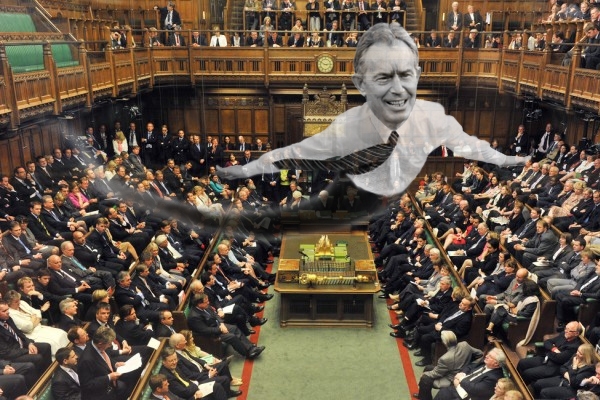Whose fault is the bloodshed in Aleppo? Yesterday the House of Commons discussed this at some length in an emergency debate on the onslaught by Syrian and Russian planes on the city. One of the most powerful speeches came from George Osborne who spoke about the impact that the 2013 Commons vote had on Syria and on American politics. It is worth reading in full. ‘Of course, once this House of Commons took its decision, I believe it did have an impact on American politics,’ he told MPs. ‘We cannot have it both ways – we cannot debate issues such as Syria and then think that our decisions have no impact on the rest of the world. I think that did cause a delay in the American Administration’s actions and did cause Congress to get cold feet.’ The former Chancellor also told his colleagues that he had ‘some hope for what might come out from this terrible tragedy in Syria, which is that we are beginning to learn the price of not intervening.’
This price of not intervening dominated the debate in the same way that Iraq had dominated the original 2013 debate on whether to intervene after President Assad used chemical weapons on his own people. Back then, the ghost of Tony Blair swooshed around the Chamber as MPs accidentally called the Syrian president ‘Saddam’ and appeared either to be washing their hands repeatedly and pointlessly over that previous conflict, or to be arguing that they were better than those who had backed Blair and Bush’s plan to topple the dictator.
Yesterday, MPs did the same over Parliament’s failure to back action in 2013. Some speeches involved mea culpas, with members regretting their reluctance three years ago to back the sketchy plan that David Cameron made a poor job of offering to the House. But there were also interventions in which members were blamed for things they personally had not done: Boris Johnson slapped down Ben Bradshaw for asking him what he was actually doing to make a difference by saying ‘that comes a little ill from a Labour Member because the right hon. Gentleman remembers fine well that the Labour party was whipped to oppose any action in 2013.’ Bradshaw was one of the few who backed intervention in 2013.
Politics rarely offers space for reflection: bad decisions come and go without much comeback for the ministers and leaders responsible for them, who are able to move on with their careers without often having to justify before Parliament why they made a mess of things. But yesterday, a lot of the reflection seemed more like deflection in order to avoid the admission that there wasn’t much Parliament could do now to help the people of Aleppo. Perhaps the next debate will involve MPs reflecting on their reluctance to approve what little action can be taken this time around.







Comments